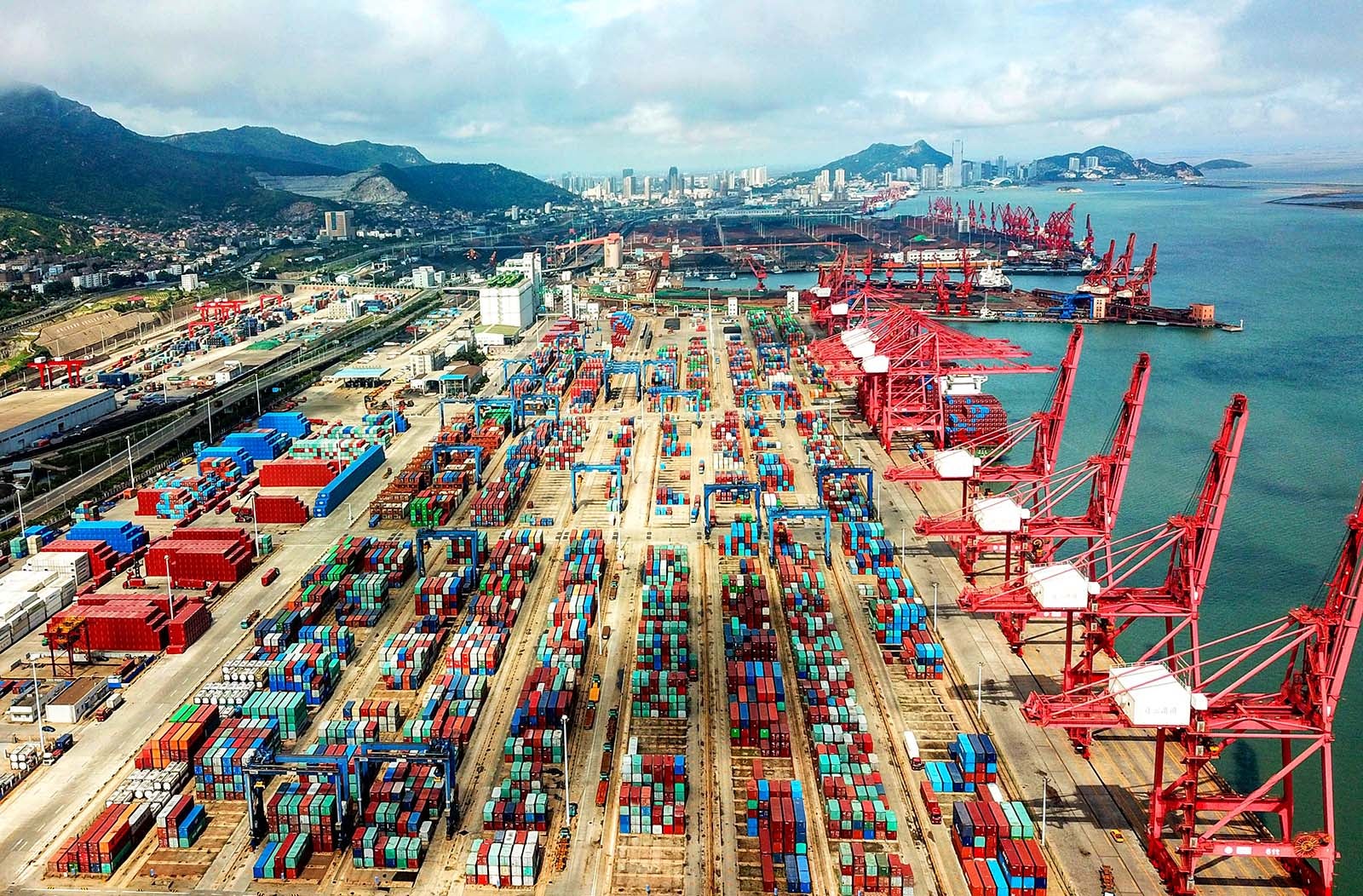
| Event Title: | ISAS Joint Panel Discussion |
| Topic: | The Global Trade War: Implications for India, China and the Region |
| Date/Time: | 02 August 2018 | 15:00 - 22:40 |
| Venue: | MEI Conference Room, Level 6, 29 Heng Mui Keng Terrace |
| Speaker/s: | Multiple Speakers |
| Description: | Professor C Raja Mohan, Director of the Institute of South Asian Studies, NUS, chaired the panel discussion titled ‘The Global Trade War: Implications for India, China and the Region’. Members of the panel discussion were Mr Lee Yi Shyan (Chairman, Business China), Mr Dustin Watson (Director, Asia Business Trade Association), Mr Eduardo Pedrosa (Secretary-General, Pacific Economic Cooperation Council) and Dr Amitendu Palit (Senior Research Fellow and Research lead, ISAS). Ambassador Gopinath Pillai (Chairman, ISAS and Ambassador-at-Large, MFA) opened the session by mentioning the timeliness of the panel discussion in allowing us to contribute to the discussion while it was still evolving. He also highlighted the salience of the topic, as it had implications on every region, especially Southeast Asia.
Professor Mohan began the panel discussion by assessing the consequences of a trade war on domestic politics and the political future of President Trump and President Xi. He also elaborated on the intra-western contradictions that were taking place between the United States (US) vis-à-vis the European Union (EU) and the NATO. Mr Lee began by providing a summary of the trade war thus far. He shared that the trade war will be a double-edged sword which will hurt both China and the US firms involved in China through the supply chain. He gave the example of Apple Inc., where 538 out of its 900 plants are located in China, to emphasise how the trade war will hurt both parties. He also stressed his belief that while China will be able to ride through the war, President Xi’s goals to be moderately developed by 2035 and a superpower by 2050 will push him to find ways to avoid the trade war. Mr Watson chose to assess the trade policy through a more political lens rather than an economic one. He highlighted that the trade war rhetoric will not decrease before the midterm elections in November. He stated that the trade war is viewed as an attempt to maintain house and the republican majority in the senate. He also speculated that the trade war could cool down after November if President Trump maintains the house and senate. Mr Pedrosa provided a lot of data from the surveys that the Pacific Economic Cooperation Council has conducted. A survey on perceived risks to global trade showed that the highest risk was increased protectionism. His data also showed that 52% had a negative assessment of the political environment for freer trade. He concluded that it was important to keep assessing the World Trade Organisation (WTO) and other regional efforts to see how they fit into multilateral arrangements. Dr Palit looked more specifically at India and mentioned that India officially joined the trade war by announcing retaliatory measures on 29 items that it imports from the US. He posited that the trade war is just the beginning and that it will widen beyond tariffs. An example he gave was the extension of section 232 into the H1B visa restrictions. The audience asked a wide array of questions ranging from issues of increasing disparities to potential collaborations within Asia. However, the main overriding question was the impact of the trade war, and there was a general consensus that the shock will be good for the system. Mr Watson suggested that the shock to the system will allow for change and will stir discussion within the WTO to make countries play fair and by the rules. Mr Lee concurred and added on that the shock could also spur more plurilateral agreements, a point that Mr Pedrosa earlier raised. |


